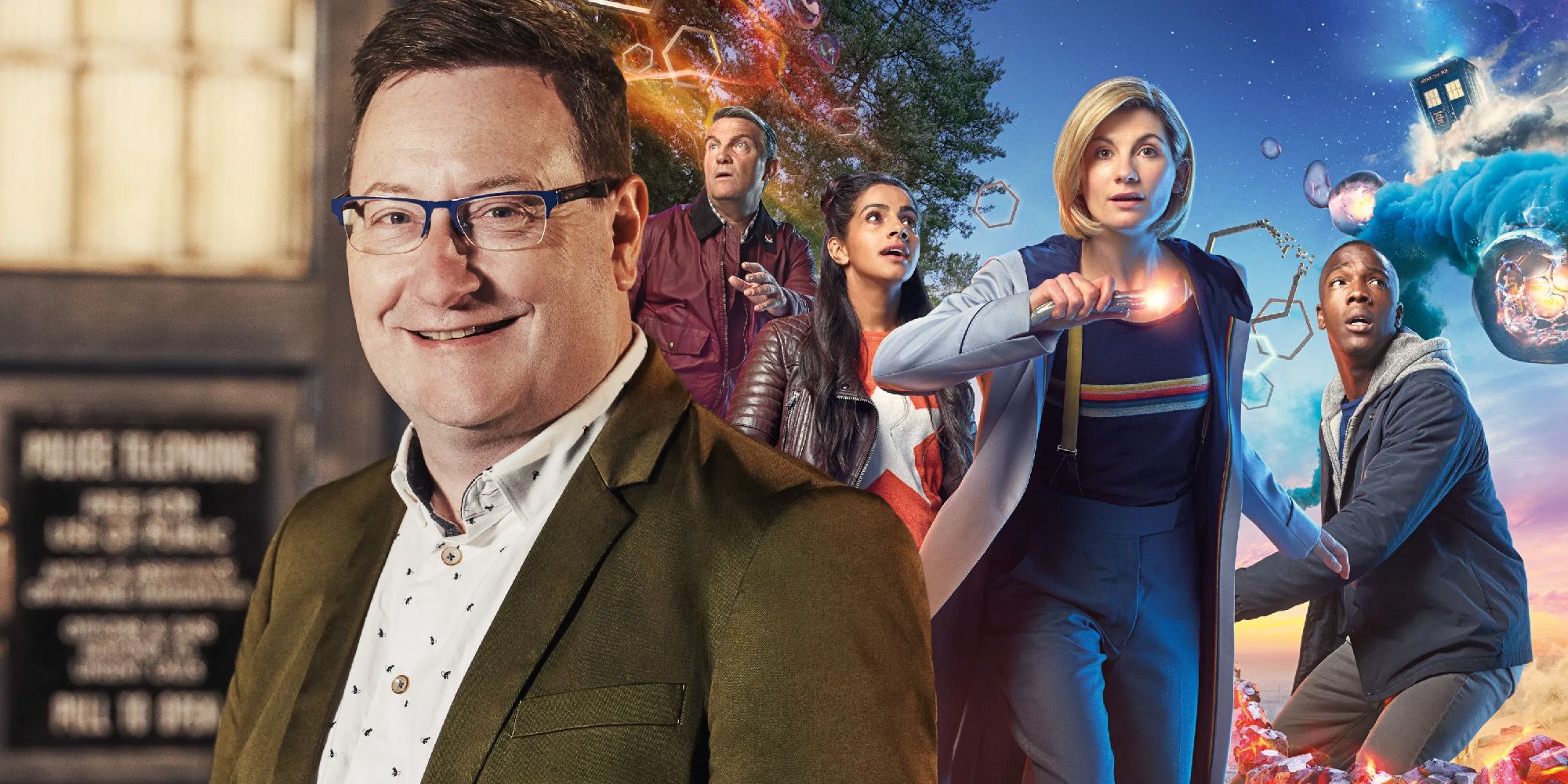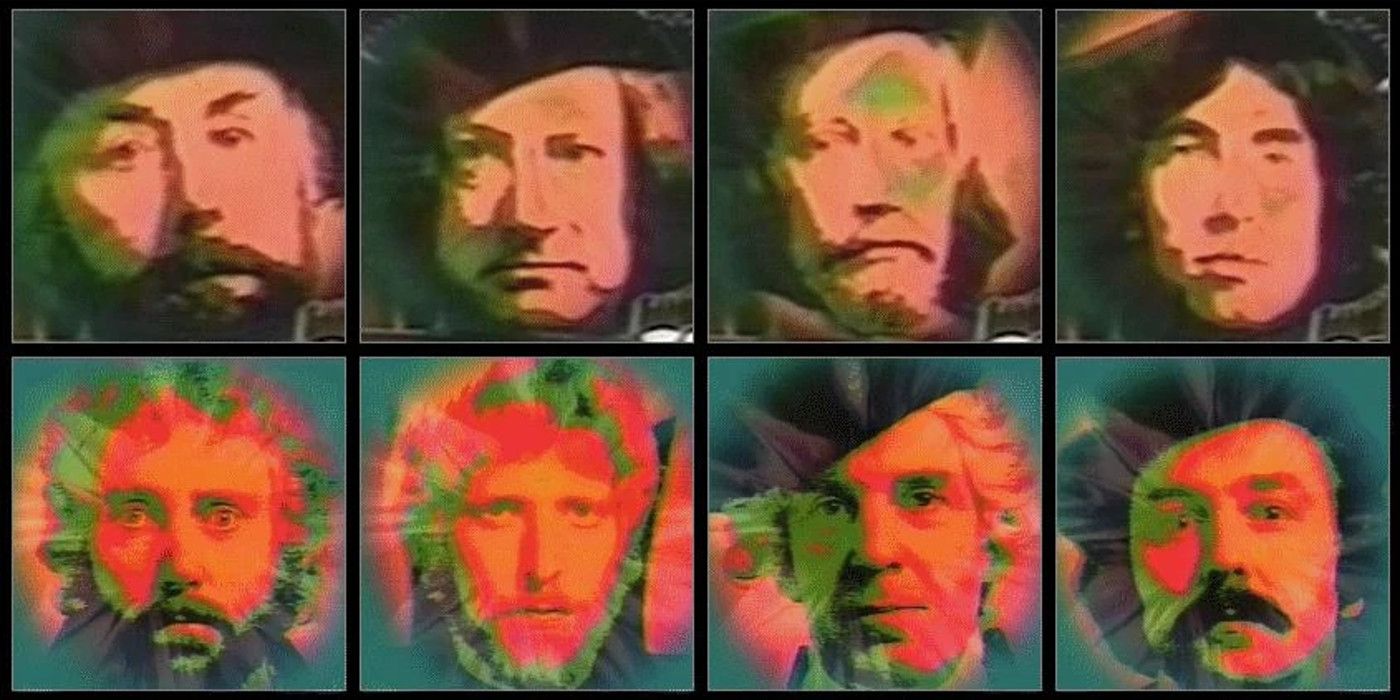While it’s no secret that Chris Chibnall is a long-time fan of Doctor Who, his attachment to the show might actually be making it worse. Becoming showrunner as Chibnall did is every superfan’s dream, but it presents one major problem: superfans are too attached to the show, often having ideas and theories that don’t make sense from a narrative perspective. That’s why so much Doctor Who fan-fiction exists. Chibnall is no exception to this rule, and his Timeless Child arc proves it.
Doctor Who season 12 was filled with details and plot points that draw straight from the classic series, despite being incompatible with the new era. As all fans are now aware, Doctor Who season 12 ended with a bombshell revelation explaining that the Doctor is more ancient than even she ever knew, with many, many pre-Hartnell incarnations. In “The Brain of Morbius” from the original 13th season, it’s heavily implied that there were eight incarnations before William Hartnell. Although this idea was quickly dropped, the Timeless Child draws straight from this abandoned plot point. The same eight faces originally featured in “The Brain of Morbius,” appear in “The Timeless Children,” finally explaining how these mysterious incarnations fit in to the Doctor’s timeline.
Another influence on Chibnall’s Doctor Who is the Cartmel Masterplan. In the 1980s, responding to plummeting ratings, new script editor Andrew Cartmel famously planned to revive the series by revealing that the Doctor was one of the Time Lords’ founders, known as “The Other.” Chibnall’s Timeless Child arc seems to draw directly from this scrapped idea, with both storylines claiming the Doctor is an original time lord possessing abilities beyond those of a regular time lord. Tellingly, Chibnall was an outspoken member of the Doctor Who Appreciation Society in the 1980s, coinciding with the time of Cartmel’s Masterplan.
Chibnall has revived some elements of classic Doctor Who, but has it really been worth it? In reinstating these elements, he has sacrificed the very essence of Doctor Who. The Timeless Child irreparably alters the very premise of the show: the Doctor is no longer an ordinary Time Lord who stole a TARDIS and ran away, someone whose power comes from her kindness. Now, she’s an innately powerful figure, only special because she was born special.
As a fan, Chibnall was so eager to implement his ideas that there seems to have been little regard as to whether they make sense or not. The Timeless Child plot involves some clear contradictions to established Doctor Who canon. One glaring example is from season 6’s “A Good Man Goes to War,” which establishes that like all other Time Lords, River Song developed the ability to regenerate after prolonged exposure to the time vortex. And how about the 11th Doctor's need to acquire a new regeneration cycle before regenerating? If Chibnall had to implement the Timeless Child, he could have at least offered explanations to all of these questions. But instead, the arc feels underdeveloped and thoughtless, like fan-fiction instead of something cared for and developed by a showrunner.
Chibnall may not have changed the show in the way he did if he weren’t a superfan from such a specific era. It’s likely that some version of the Timeless Child has been brewing in his head ever since he saw its seeds planted and then abandoned in the 80s. Fast forward 40 or so years, and Chibnall’s ill-conceived head-canon is actual canon. It feels like all he wanted to do was bring back elements from the 70s and 80s that everyone had forgotten about anyway. Now he’s succeeded, and Doctor Who will never be the same.


